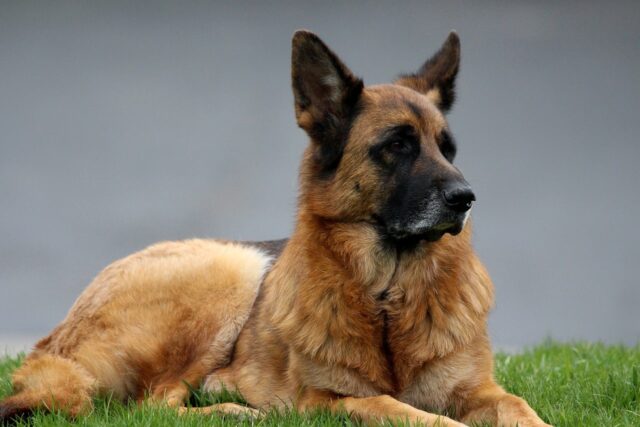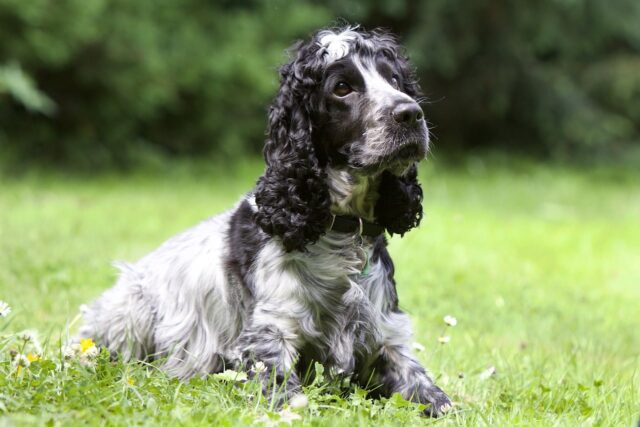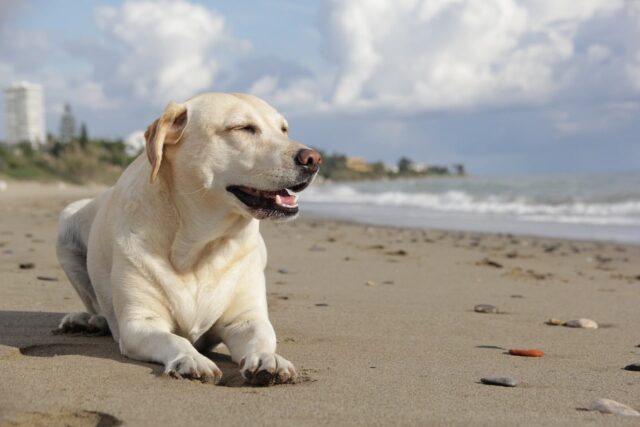As dogs age, their needs change significantly, and some breeds require more care in their golden years than others. These breeds may develop age-related health issues that demand close attention and special care to maintain their quality of life. From joint problems to heart conditions, understanding the specific needs of senior dogs can help owners provide the best possible care for their aging companions. This article explores seven dog breeds that require the most care in their golden years, detailing why each breed fits this topic and offering insights into managing their health and well-being.
7. Dachshund
Dachshunds are small, long-bodied dogs known for their playful nature. However, their unique body shape makes them prone to back problems, especially as they age. Intervertebral disc disease (IVDD) is a common issue in senior Dachshunds, often leading to pain and mobility issues. Owners must be vigilant about their Dachshund’s weight and avoid activities that put undue stress on their spine. Regular veterinary check-ups, a healthy diet, and possible physical therapy can help manage their condition. Providing ramps or steps to help them access furniture and avoiding excessive jumping can also reduce the risk of injury.

6. Boxer
Boxers are energetic and affectionate dogs, but they are prone to several age-related health issues that require careful management in their senior years. Common problems include arthritis, heart conditions like cardiomyopathy, and cancer. Boxers often require regular veterinary visits to monitor their heart health and screen for cancer. Joint supplements and medications can help manage arthritis pain, while a balanced diet and regular, gentle exercise can maintain their overall health. Due to their high risk of developing serious conditions, Boxers need attentive care and regular health screenings as they age.

5. Shih Tzu
Shih Tzus are small, charming dogs with long, flowing coats. In their golden years, they often face a range of health issues, including dental problems, kidney disease, and eye conditions such as cataracts and dry eye. Regular dental care is crucial to prevent tooth decay and gum disease. Frequent veterinary check-ups can help monitor kidney function and manage any issues that arise. Eye drops and other treatments may be necessary to maintain their eye health. Maintaining their coat with regular grooming is important to prevent skin infections and discomfort.

4. German Shepherd
German Shepherds are intelligent and versatile dogs but prone to several health issues in their senior years. Hip dysplasia and arthritis are common, often leading to mobility problems. They are also at risk for degenerative myelopathy, a progressive disease affecting the spinal cord. Regular veterinary visits, joint supplements, and medications can help manage pain and improve mobility. Physical therapy and maintaining a healthy weight are also crucial. German Shepherds may require special accommodations, such as ramps and orthopedic beds, to ensure comfort and safety.

3. Cocker Spaniel
Cocker Spaniels are friendly and affectionate dogs with a high risk of developing health issues as they age. Common problems include ear infections, heart disease, and arthritis. Regular ear cleaning is essential to prevent infections, while frequent veterinary check-ups can help monitor heart health and manage any issues. Joint supplements and medications can alleviate arthritis pain. Maintaining a balanced diet and regular, gentle exercise is important to keep them healthy. Cocker Spaniels also benefit from regular grooming to prevent skin problems and maintain their coat.

2. Labrador Retriever
Labrador Retrievers are popular for their friendly and outgoing nature, but they often require extensive care in their golden years. They are prone to obesity, which can exacerbate joint problems like arthritis and hip dysplasia. Regular veterinary visits, a controlled diet, and exercise are crucial to managing their weight and overall health. Labs are also at risk for heart disease and certain cancers, necessitating regular health screenings. Providing joint supplements, pain management medications, and possibly physical therapy can help maintain their quality of life as they age.

1. Cavalier King Charles Spaniel
Cavalier King Charles Spaniels are gentle and affectionate dogs, but they often face significant health challenges in their senior years. They are highly prone to heart disease, particularly mitral valve disease, which requires regular veterinary monitoring and medication. They also frequently suffer from syringomyelia, a painful condition affecting the brain and spinal cord. Managing these health issues requires vigilant care, including regular check-ups, medication, and possibly surgical intervention. Cavaliers also need careful attention to their dental health and eye care, as they are prone to cataracts and dry eye. Maintaining a healthy weight and providing gentle exercise can help manage their overall health.

These dog breeds require extensive care in their golden years due to various age-related health issues. Regular veterinary check-ups, a balanced diet, and appropriate exercise are crucial for managing their health and maintaining their quality of life. Owners of these breeds must be particularly attentive to their pets’ needs and be prepared for the increased care and attention required as their dogs age. By understanding and addressing the specific health concerns of these breeds, owners can ensure their senior dogs remain happy, healthy, and comfortable in their later years.
 Toledo, United States.
Toledo, United States.